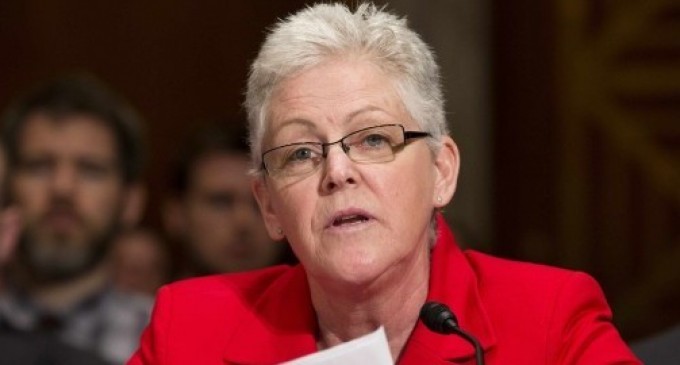
The EPA has been conducting experiments on people over the past few years, exposing them to dangerously high levels of toxic pollutant, to justify more onerous clean air regulations desired by the Obama administration.
The tests were conducted on people with health issues and the elderly without disclosing the risks of cancer and death, according to a report freely released by the government itself.
MORE NEXT PAGE:

TEST IT ON ILLEGALS1
And they wonder why we hate the EPA? That is F*CKING STUPID!!!
Here’s an Idea… If they want too know so bad have THEM TEST IT ON THEMSELVES before the people paying your salaries. Dumass’s
another criminal act
This is just sick……They should ALL be brought up on charges.
Blah blahah
I just Pray it all comes back to bite the Demoncrates
Shades of Nazi Germany.
utter bull$#%&!@*
Tuskegee syphilis experiment (/tʌsˈkiːɡiː/)[1] was an infamous clinical study conducted between 1932 and 1972 by the U.S. Public Health Service to study the natural progression of untreated syphilis in rural African American men who thought they were receiving free health care from the U.S. government.[1]
The Public Health Service started working with the Tuskegee Institute in 1932. Investigators enrolled in the study a total of 600 impoverished sharecroppers from Macon County, Alabama. 399 of those men had previously contracted syphilis before the study began, and 201[2] did not have the disease. The men were given free medical care, meals, and free burial insurance, for participating in the study. They were never told they had syphilis, nor were they ever treated for it. According to the Centers for Disease Control, the men were told they were being treated for “bad blood”, a local term for various illnesses that include syphilis, anemia, and fatigue.
The 40-year study was controversial for reasons related to ethical standards, primarily because researchers knowingly failed to treat patients appropriately after the 1940s validation of penicillin as an effective cure for the disease they were studying. Revelation of study failures by a whistleblower led to major changes in U.S. law and regulation on the protection of participants in clinical studies. Now studies require informed consent (though foreign consent procedures can be substituted which offer similar protections; such substitutions must be submitted to the Federal Register unless statute or Executive Order require otherwise),[3] communication of diagnosis, and accurate reporting of test results.[4]
By 1947, penicillin had become the standard treatment for syphilis. Choices available to the doctors involved in the study might have included treating all syphilitic subjects and closing the study, or splitting off a control group for testing with penicillin. Instead, the Tuskegee scientists continued the study without treating any participants and withholding penicillin and information about it from the patients. In addition, scientists prevented participants from accessing syphilis treatment programs available to others in the area.[5] The study continued, under numerous US Public Health Service supervisors, until 1972, when a leak to the press eventually resulted in its termination on November 16.[6] The victims of the study included numerous men who died of syphilis, wives who contracted the disease, and children born with congenital syphilis.[7] Physicians in this time were fixated on African American sexuality, and the willingness of African Americans to have sexual relations with those who were infected led them to believe that the responsibility for the acquisition of the disease was solely upon the individual.[8]
The Tuskegee Syphilis Study, cited as “arguably the most infamous biomedical research study in U.S. history”,[9] led to the 1979 Belmont Report and the establishment of the Office for Human Research Protections (OHRP).[10] It also led to federal laws and regulations requiring Institutional Review Boards for the protection of human subjects in studies involving human subjects. The Office for Human Research Protections (OHRP) manages this responsibility within the US Department of Health and Human Services (HHS).[11]